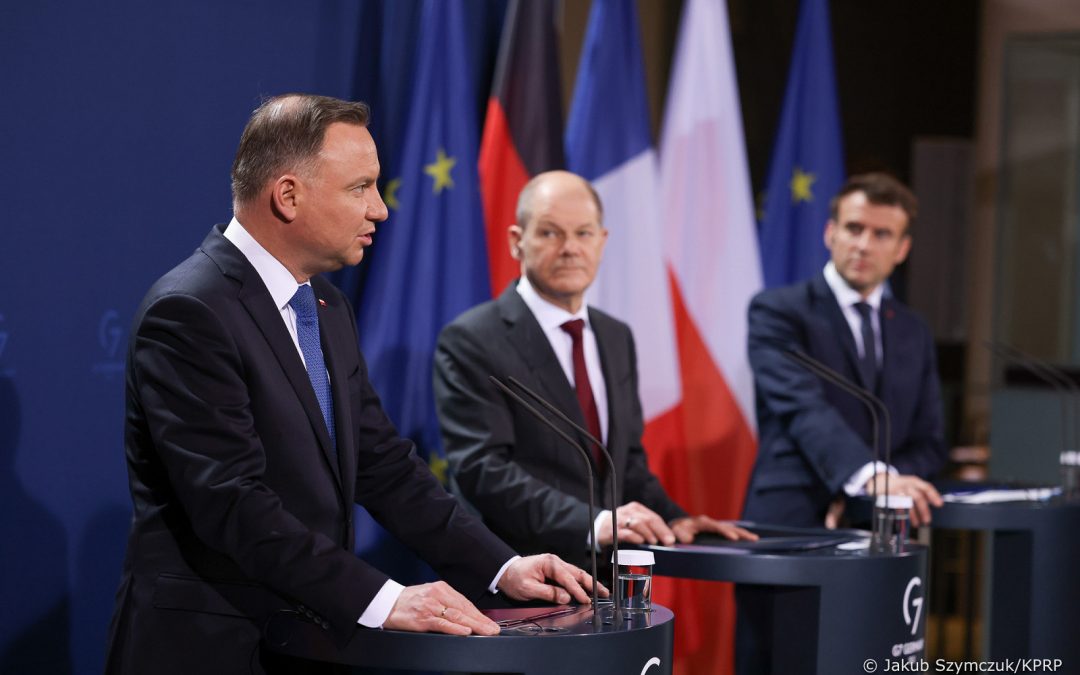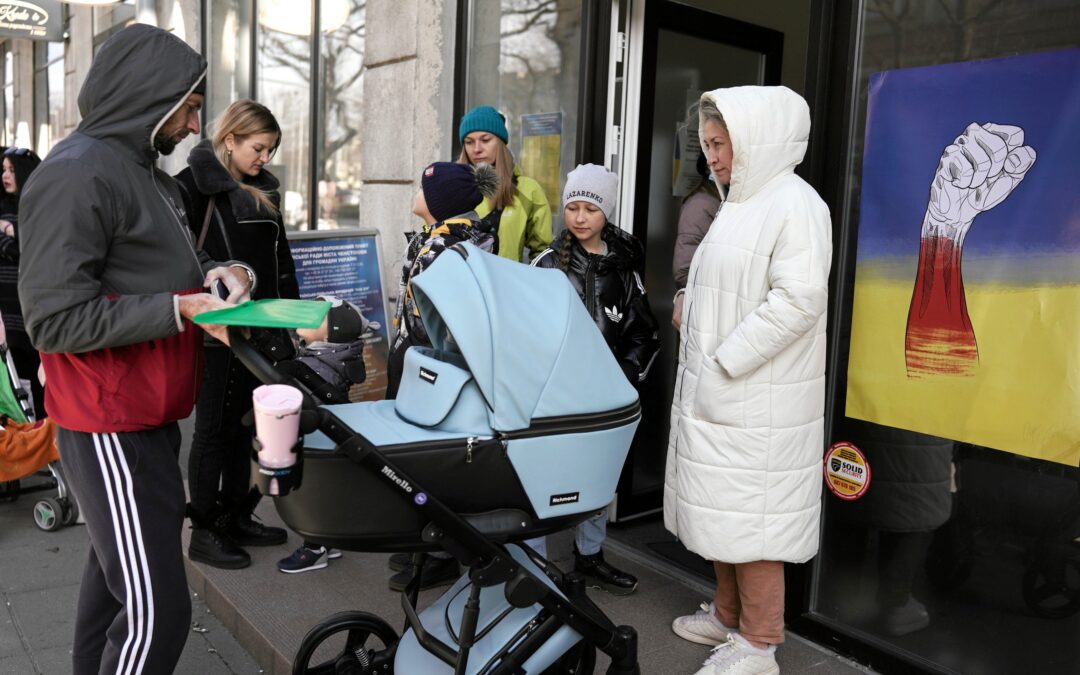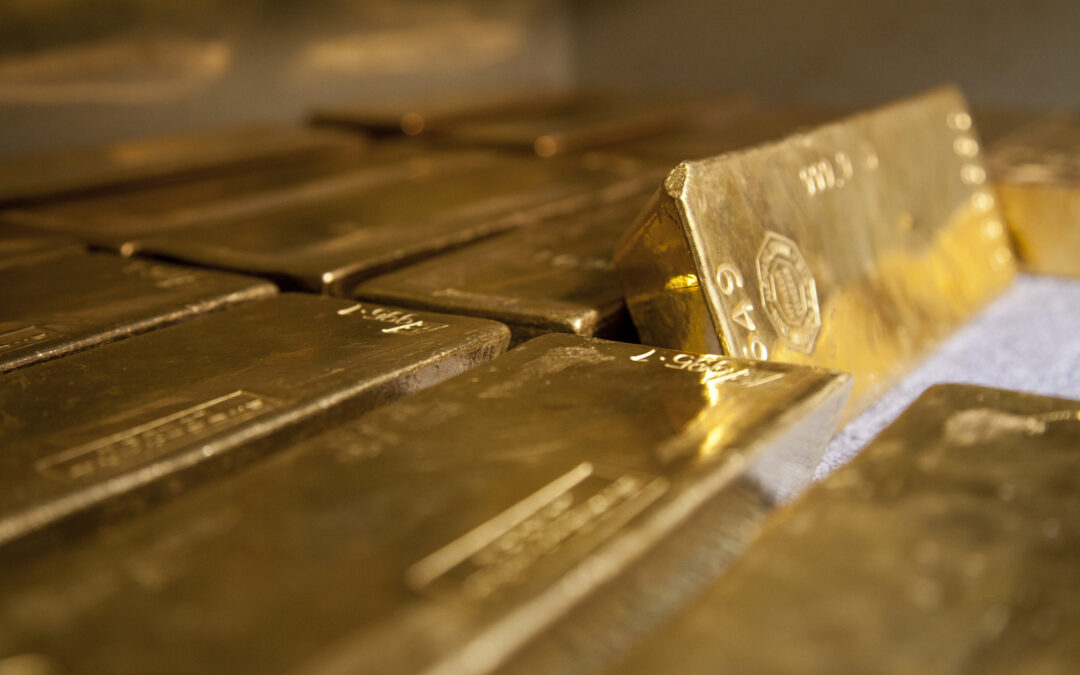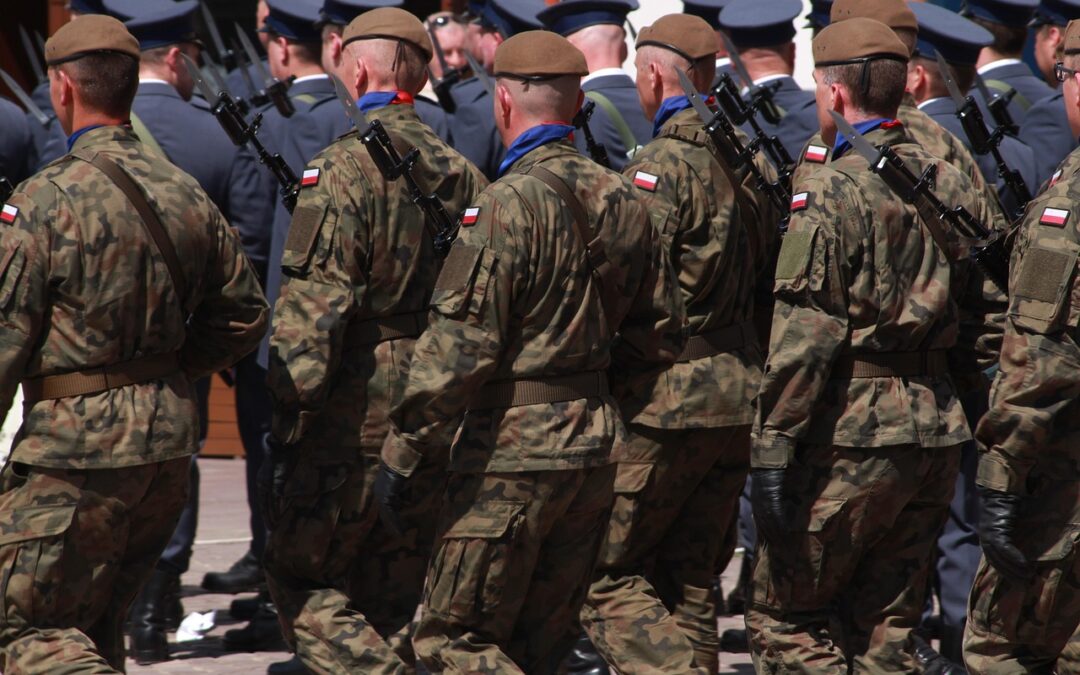Poland’s President Andrzej Duda has condemned his French counterpart Emmanuel Macron and German Chancellor Olaf Scholz for their telephone calls with Vladimir Putin during Russia’s war in Ukraine, likening it to speaking with Adolf Hitler.
In an interview with Germany’s Bild newspaper, Duda asked: “Did anyone speak like this with Hitler during World War Two? Did anyone say that Hitler must save face? That we should proceed in such a way that it is not humiliating for Hitler? I have not heard such voices.”
Duda’s remarks refer to comments by Macron last week, when he warned that “we must not humiliate Russia”. The French president used similar language in mid-May, appealing to Europe to “never give in to the temptation of humiliation”.
Angst vor Putins Atomwaffen? „Dann sollten wir uns alle gleich ergeben“, sagt Polens Präsident Duda im BILD-Interview. https://t.co/LhlrA2AbLq
— BILD (@BILD) June 9, 2022
Both Macron and Scholz have held conversations with Putin in an effort to mediate over the war in Ukraine. But Duda told Bild that this was a “kind of legitimisation of a person who is responsible for crimes perpetrated by the Russian army in Ukraine” and he noted that there was no evidence the calls had achieved anything.
Duda also hit out at Germany’s slow delivery of weapons to Ukraine and repeated claims (previously denied by Berlin) that Germany has not fulfilled its promises to Poland to replace the tanks Warsaw gave to Ukraine with German models.
“Ukraine needs heavy weapons, tanks. We’ve sent over 240 tanks that can serve Ukraine,” Duda told Bild. “As far as I know, we haven’t received anything [from Germany]. We gave our tanks away and now we have nothing at all in their place.”
Earlier this week President Duda accused Germany of reneging on a promise to provide tanks to replace those that Poland gave to Ukraine https://t.co/RVodBmllru
— Notes from Poland 🇵🇱 (@notesfrompoland) May 26, 2022
The Polish president also criticised the fact that, “for part of the German economy, it is totally irrelevant what happens in Ukraine or in Poland. They say they want to do business in Russia and make money. ‘We want to sell our products. We want to buy cheap gas and import oil.'”
Pointing to Poland’s history – which has included a number of invasions and occupations by Russia and the Soviet Union – Duda said that Poles understand Moscow’s aggression better than other countries, which is why they are offering international leadership in efforts to isolate Russia.
“We, as Poles, understand the situation very well,” he told Bild. “No one says a word about doing business with Russia, as we may once again be threatened with the Russian army being here. That would mean death, shooting, being sent to Siberia. We know very well what a potential Russian invasion means.”
Poles have the most negative view of Russia among the 53 countries surveyed for the 2022 Democracy Perception Index.
87% of Poles view Russia negatively (the highest among all countries) and only 5% positively (the lowest among all countries) pic.twitter.com/7ifVn1KxJH
— Daniel Tilles (@danieltilles1) June 8, 2022
Duda pointed out the warning of his predecessor Lech Kaczyński, who declared on a visit to Tbilisi in 2008, amid Russia’s war with Georgia: “Today Georgia, tomorrow Ukraine, the day after tomorrow the Baltic states, and then, perhaps, the time will come for my country, Poland.”
“His words sounded strong at the time”, Duda told Bild, but have so far been borne out by history. “[Kaczyński] said that Russian imperialism had returned.”
Duda’s remarks are the latest criticism by Polish leaders of Western responses to the war in Ukraine. In April, Prime Minister Mateusz Morawiecki also singled out Macron and Scholz, earning a rebuke from the French president.
That same month, the Polish government launched an international advertising campaign that sent billboards around Europe encouraging sanctions against Russia and an end to energy imports.
It has also pushed for Russia to be punished for its “genocidal” war crimes in Ukraine, and has lent support to Kyiv in the form of humanitarian and military aid, as well as advocating for Ukraine’s membership of the European Union.
Main image credit: Jakub Szymczuk/KPRP
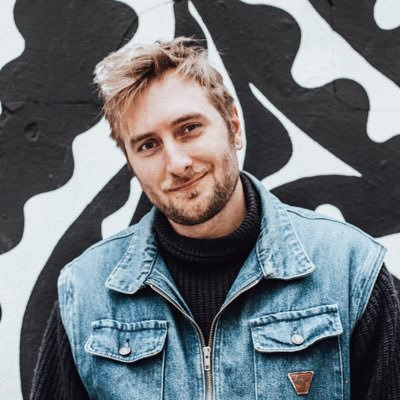
is a British freelance journalist based in Berlin. Alongside news and politics, he also writes about culture and can be followed on Twitter @derJamesJackson.
